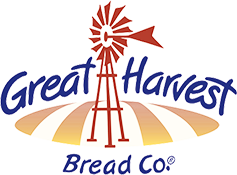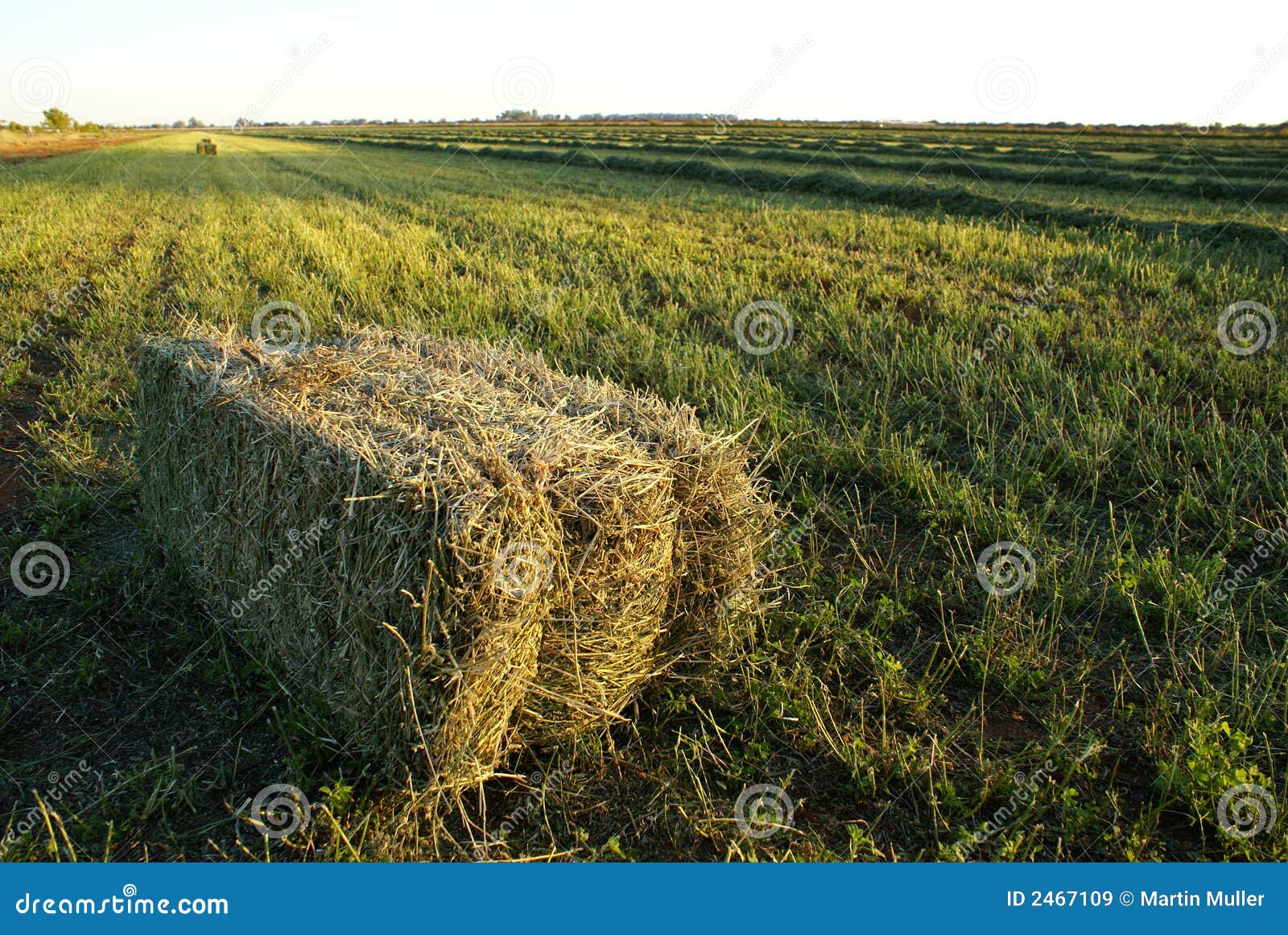
House of Fraser argued that the requirement for House of Fraser plc to guarantee the incoming tenants obligations after assignment was contrary to legislation and that the agreement was void in accordance with Good Harvest. House of Fraser raised a number of arguments against the assignment but the only one the Court accepted was based on the same legislation which had been interpreted in Good Harvest. No assignment was made within this timeframe and K/S Victoria Street therefore applied to Court to compel House of Fraser to make the assignment. The agreement also required the lease to be assigned, by April 2006, to another group company with House of Fraser plc to again act as guarantor. In January 2006, K/S Victoria Street agreed a sale and leaseback with the House of Fraser group of its Wolverhampton store, in which House of Fraser (Stores Management) Ltd took a lease of the property, with House of Fraser plc guaranteeing the tenants covenants. Mr John Randall QC this month considered the case of K/S Victoria Street v House of Fraser (Stores Management) Ltd and others. Many practitioners had hoped, following the landlords decision to appeal, that the Court of Appeal would give affirmative guidance to both landlords and guarantors however, a settlement was reached prior to the appeal hearing, so no further authority was given. The decision in Good Harvest caused quite a stir in the industry as many landlords had relied on the alleged security provided by an original guarantor. The request for hikes in electricity (+148 percent) and water (+334 percent) tariffs – although remains under consideration by the Public Utilities and Regulatory Commission (PURC) – is expected to be substantial enough to sustain the cost-push on consumer price inflation.This month has seen the first reported case to consider the controversial decision in Good Harvest Partnership LLP v Centaur Services Ltd in which the Court held that a guarantor of an original tenant was prevented from guaranteeing the obligations of a new assignee tenant.

The external uncertainty, especially on energy, remains a key upside risk to inflation for the second half of the year.įurther to this, a hike in domestic utility tariffs is expected to fan the inflation flame.

Nonetheless, consumer inflation is expected to remain elevated, closing the year at 25.3 percent ± 100bps due to the overwhelming cost pressures amid the external uncertainty. This global easing is deemed favourable for domestic food CPI as Ghana approaches the third quarter food harvest. “While we observed a drastic reduction in GH¢ liquidity on the interbank market, its curb on price pressures has been subdued by the tremendous shocks to the cost of business operations and supply chains,” Databank said.Īvailable data from the Food and Agriculture Organisation of the United Nations show global food price index declined in June 2022 by 2.3 percent to 154.2pts, marking the third successive month of decline although still 23.1 percent higher than a year ago. Cumulatively, since March, BoG hiked the policy rate by 450bps to 19 percent in May 2022 in addition to the total withdrawal of COVID-related support for aggregate demand. Notwithstanding the Bank of Ghana’s tighter policy stance, inflation showed little signs of moderation as the cost-push factors evade the immediate reach of monetary squeeze.

“The poor rainfall pattern during the 2021 planting season undermined food harvest and led to an uptick in the September 2021 inflation against the historical trend of a decline in September inflation rates,” it stated. In addition to the global shocks to fertiliser costs and food supply chains, Databank observed that this year’s food inflation trend partly reflects the lagged impact of the disappointing harvest from last year. “This could tame the rise in food inflation with a downward pressure on headline inflation when combined with continued tightness in the monetary policy stance,” the asset management company said.

Food inflation’s contribution to total inflation has, however, declined further below the 51 percent level.ĭatabank noted that exclusive from the adverse effect of fertiliser shortage, there is much expectation for a better food harvest this year.


 0 kommentar(er)
0 kommentar(er)
